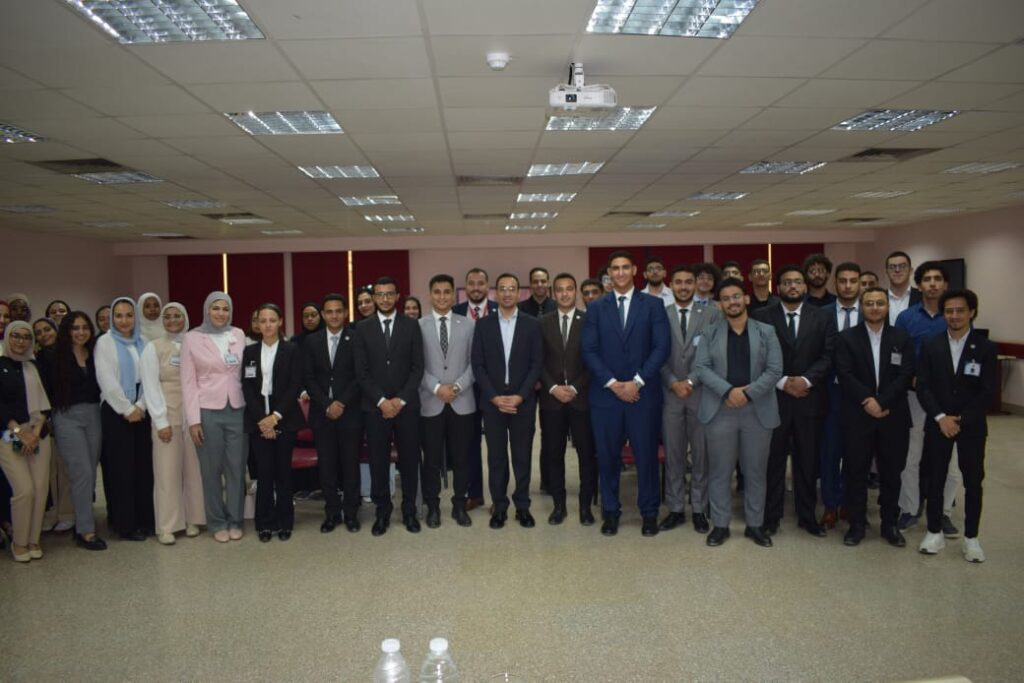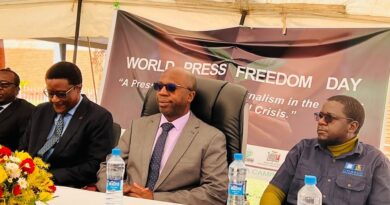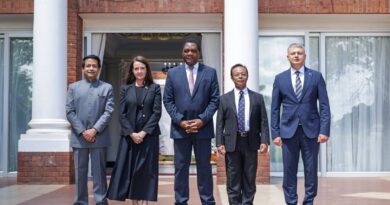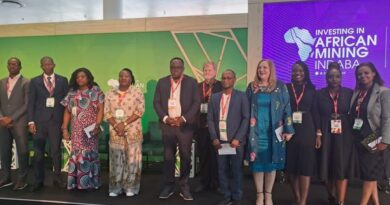Cairo Launches First-Ever Health Diplomacy Program for Medical Students in Egypt and Africa
Cairo has officially launched the first edition of the Health Diplomacy for Medical Students program, the first of its kind in both Egypt and Africa. The groundbreaking initiative is designed to bridge the gap between healthcare and diplomacy, empowering young medical students with skills that go beyond clinical practice.
The program was organized under the auspices of the International Federation of Medical Students’ Associations – Egypt (IFMSA-Egypt) and its branch at MTI University, with support from the Scientific Association of Medical Students at the Modern University for Technology and Information (MTI).
Media support was provided by the AfroMedia Initiative for Journalism and Media to raise awareness and highlight the social role of doctors within their communities.
Hosted by the Faculty of Medicine at MTI University, the event reflected the university’s commitment to inclusive education and social responsibility. It particularly focused on empowering Sudanese medical students who have fled the war in their country, ensuring they are not left behind in academic and professional development.
The program featured a keynote speech by Hassan Ghazaly, an anthropological researcher, founder of the Global Solidarity Network, and member of the African Journalists Union. Ghazaly spoke about the role of anthropology in medicine, encouraging doctors to understand the cultural and social dynamics of the communities they serve.
He also explained the various forms of public diplomacy and highlighted opportunities provided by the Egyptian government to African medical students, including volunteer opportunities through the African Union in health institutions across Africa.
Ghazaly extended heartfelt gratitude to Professor Mohy El-Din Ragab El-Banna, Dean of the Faculty of Medicine and Surgery at MTI University, and Professor Hesham Mohamed Omran, Vice Dean for Student Affairs.
He commended their efforts in supporting both Egyptian and African students and for promoting integration through academic and extracurricular activities at the university.
The sessions covered a wide range of topics including youth diplomacy, public diplomacy, and volunteer youth policies in Africa. The program offered students a balanced mix of academic learning and real-world exposure, helping them prepare for roles as medical professionals and health advocates within their countries.



